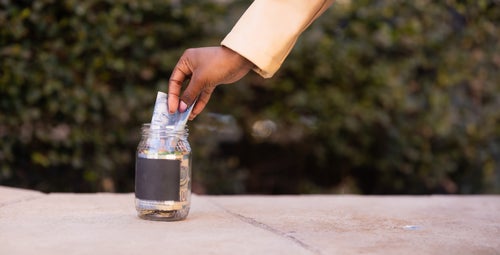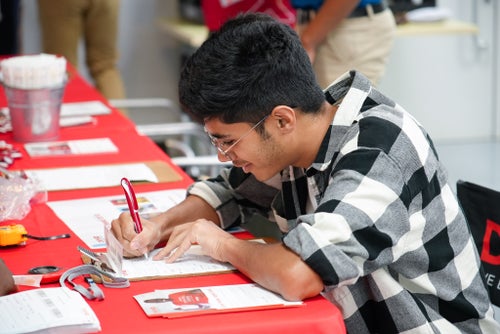What complications can arise for a patient who has received a blood stem cell donation?
Complications during the preparatory phases generally occur in the form of the known side-effects of chemotherapy and radiation therapy, such as nausea and regurgitation. During the initial period after the donation, a higher risk of infection generally exists since the patient’s immune system is strongly weakened after the preparatory phases and it can only recover again gradually. Unfortunately, setbacks can also occur because, in rare circumstances, not all cancer cells were destroyed.
That means that a renewed outbreak of the Leukaemia can occur again even after the donation. It can also be that the new stem cells prove to be incompatible with the patient’s own body tissues and this subsequently leads to a reverse rejection reaction. This complication (Graft-versus-host Disease) can occur in various levels of severity. However, it can often be treated successfully. If the donor’s stem cells do not grow or if it leads to a relapse of the disease, the donor might be asked whether he/she is willing to provide another stem cell donation.




